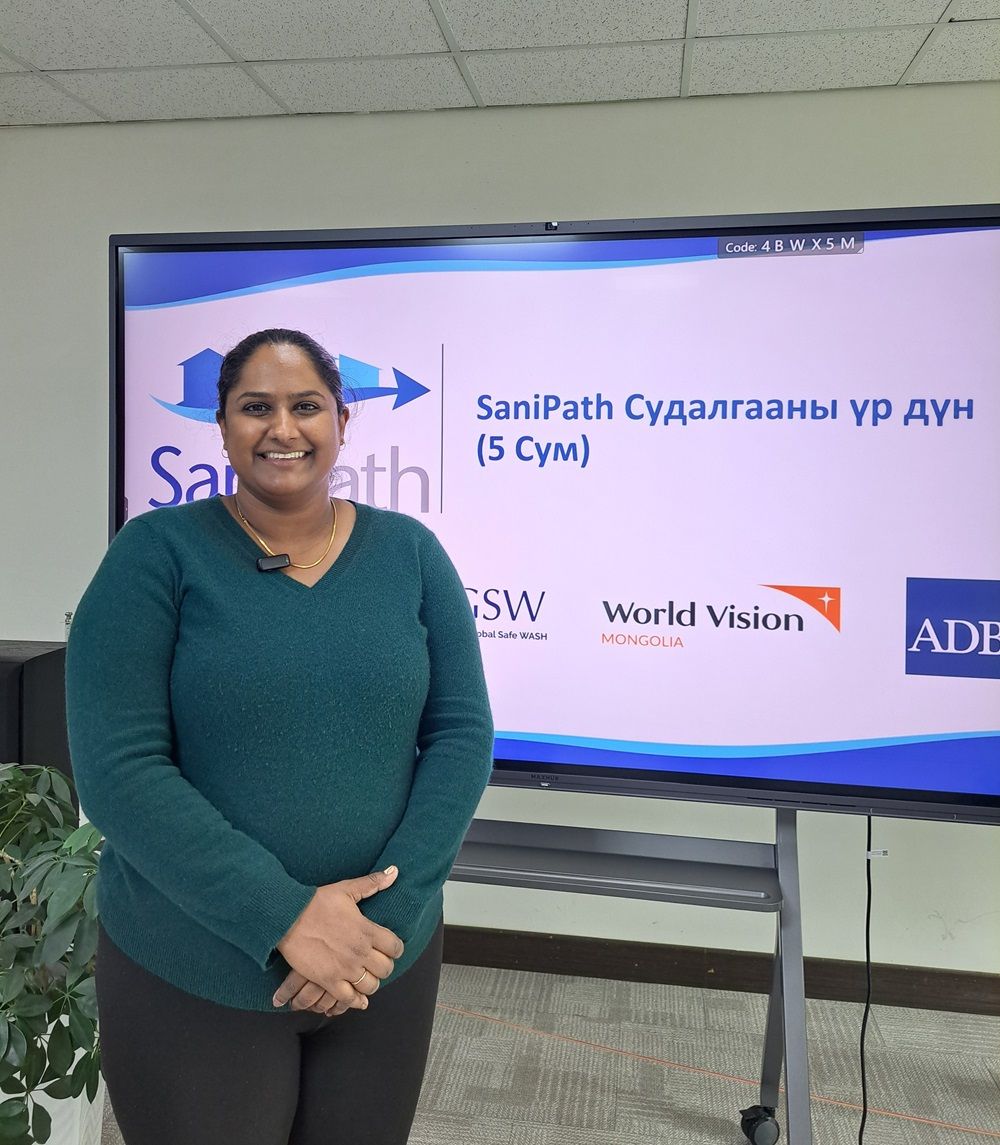World Vision Mongolia, in cooperation with Emory University, USA, and with funding from the Asian Development Bank, conducted a Water, Sanitation, and Hygiene (WASH) and Behavior study in five soum centers using the "SaniPath Exposure Assessment Methodology."
The survey identified the dominant exposure pathways and levels of contamination affecting local communities, particularly regarding E. coli contamination. Samples from various pathways, including drinking and surface water, raw produce, open-vented food, and soil, were analyzed in a laboratory environment. Additionally, behavioral studies of local communities were conducted, providing valuable evidence-based information for decision-makers.
Based on the research findings, the project team is developing a "Soum Centers WASH, Behavior Change Communication (BCC) Strategy and Action Plan" tailored for each soum.
On September 19, representatives from the Executive Office of the National Security Council, the Ministry of Urban Development, Construction, and Housing, the Ministry of Health, and the Implementing Government Agencies such as the Water Agency, the National Center for Public Health, the National Reference Laboratory for Food Safety, Social Policy Departments and Health Departments from the project-implemented provinces, Soum Governor's Offices & Health Centers, and the World Health Organization participated in a joint meeting. They reviewed the research results and provided input on the “Soum Centers WASH, BCC Strategy and Action Plan.”
By developing a BCC strategy and action plan tailored to the specific characteristics of each soum, it will be possible for them to implement effective interventions aimed at promoting proper hygiene and sanitation behaviors among citizens.
